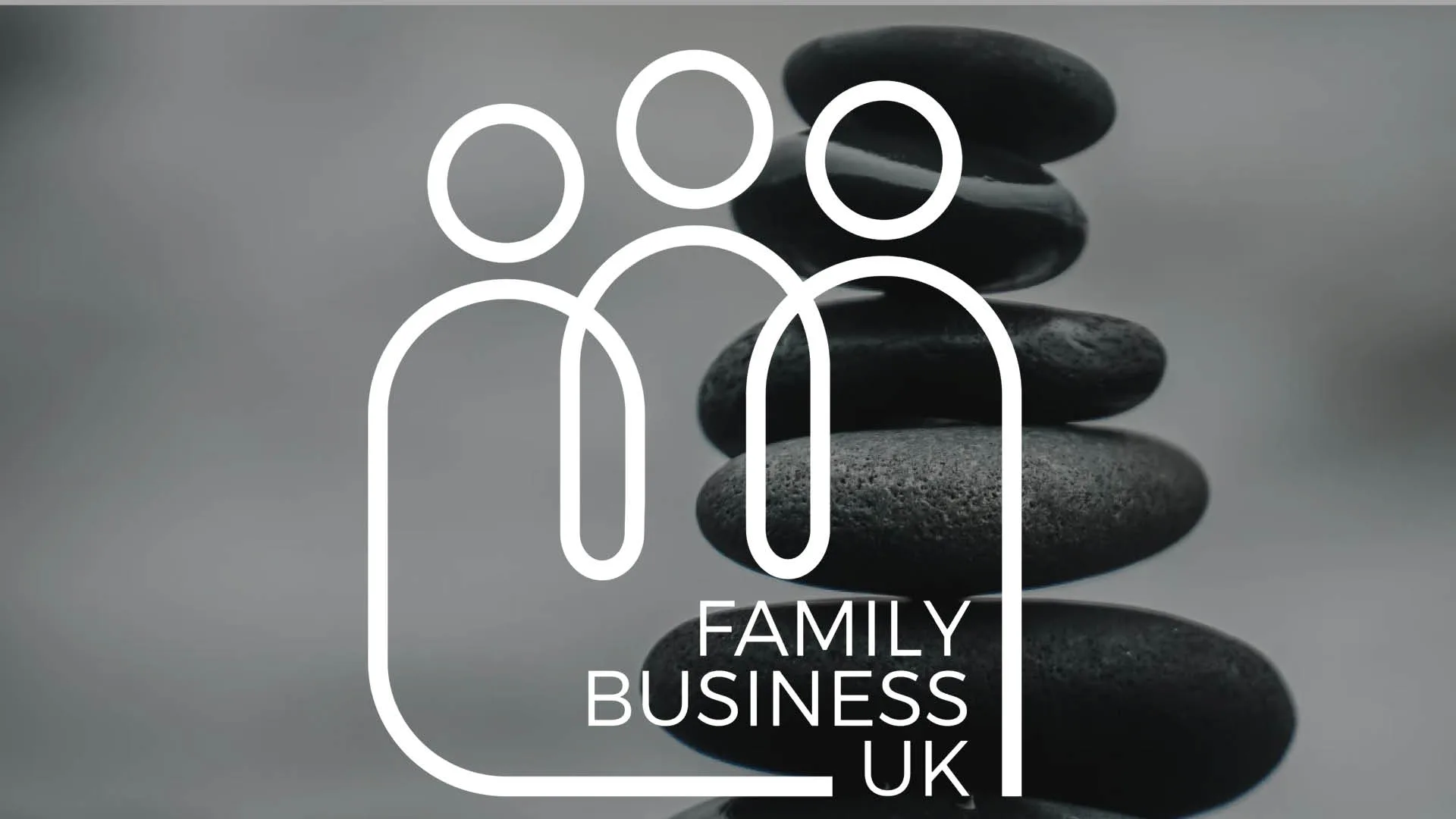Establishing a Purpose
In order to plan, a family needs to consider what they are planning for. What is their long-term goal or purpose? For some it is wealth preservation, for others it is maintaining a certain standard of living and for others it is the family’s legacy. Answering the question of purpose is fundamental to the process of succession planning and it is often the hardest part.
Challenges which typically arise are a lack of common purpose (i.e. the family, as a whole, does not agree on their ultimate goal) and a failure to consider whether the common goal is actually achievable.
A family business brings a layer of complexity when planning – is the business purely intended as a wealth generator or is it there to provide the family with a long-term vocation? Is the intention that family members should be brought into the fold regardless of qualification/suitability? Are family members even interested in involving themselves in the business?
The purpose of the family business and its long-term future should be the bedrock on which any planning is based. It should ideally reflect a vision which is universally agreed by those affected, at least at a high level.
Family Constitution
It is sometimes proposed that the family’s purpose be formalised through a written family constitution (mission statement). This is not a formal, binding document and does not have an agreed precedent. It is generally a set of motives or principles agreed between family members. It is often said that the value of the constitution is in its creation – namely the time spent by a family understanding each other’s motivation and vision for the future, but also establishing where the fault lines lie.
Detractors will argue that a family constitution offers limited value, on the basis that the discussions will create tension and the constitution itself will ultimately reflect the patriarch/matriarch’s vision for the future (on the assumption they maintain control) and will simply delay the problem until his/her death. This view should not be dismissed, not least because a constitution is not binding and it is unquestionable that dynamics shift following a death. However, steps can be taken to turn what has been agreed into a binding format, as described below.
Wills, lifetime gifting, companies and trusts
It is vital that Wills are in place to deal with the passing of personally held shares in the family business. Wills are also an important succession planning tool, and need as much consideration as any other structure which a family decides to put in place. Contrary to popular opinion, they are not a straightforward document and cutting corners can be stressful and expensive for the family in the long run.
However, a Will cannot deal with issues relating to the future management and governance of the business, and there is no guarantee that any beneficiaries will want to or will be able to become active in the business. Owners of family companies should therefore review their Articles of Association and any Shareholders’ Agreement and ensure any necessary adjustments are made to them to ensure the business is managed as intended after their death.
Increasingly, families are looking to establish ‘family investment companies’ (FICs) as a way to plan for the future. FICs are companies with different shares classes, with varying rights and entitlements so as to spilt control and economic benefit. They enable families to distribute shares amongst family members based on particular needs and circumstances.
Whilst Wills deal with planning on death, the concept of lifetime giving encompasses direct lifetime transfers of wealth and the establishment of structures intended to benefit families over generations. Typically, UK centric families will look to companies and trusts to plan for the future, but other entities and ownership regimes may be appropriate when planning for international families.
Trusts can offer more flexibility than companies and can be used to preserve wealth and control with long-term succession and family governance in mind; not least because they offer a solution to keep businesses and family assets under one umbrella. However, some families find that the benefit of flexibility comes at the cost of certainty.
Educating the next generation
In the context of passing the business on to the next generation, it will often be crucial to educate them on how run the business. This will help ensure there is an orderly and effective transfer. This may involve getting the next generation involved in the business, giving them responsibility and allowing them to have a say in the running of the business at an early stage under the guidance of the current owner(s).
Conclusion
One size does not fit all. Families can look to a range of structures when planning for the future, and a decision as to which entities or succession tools are most appropriate will depend on a range of factors in relation to particular families and their businesses.






